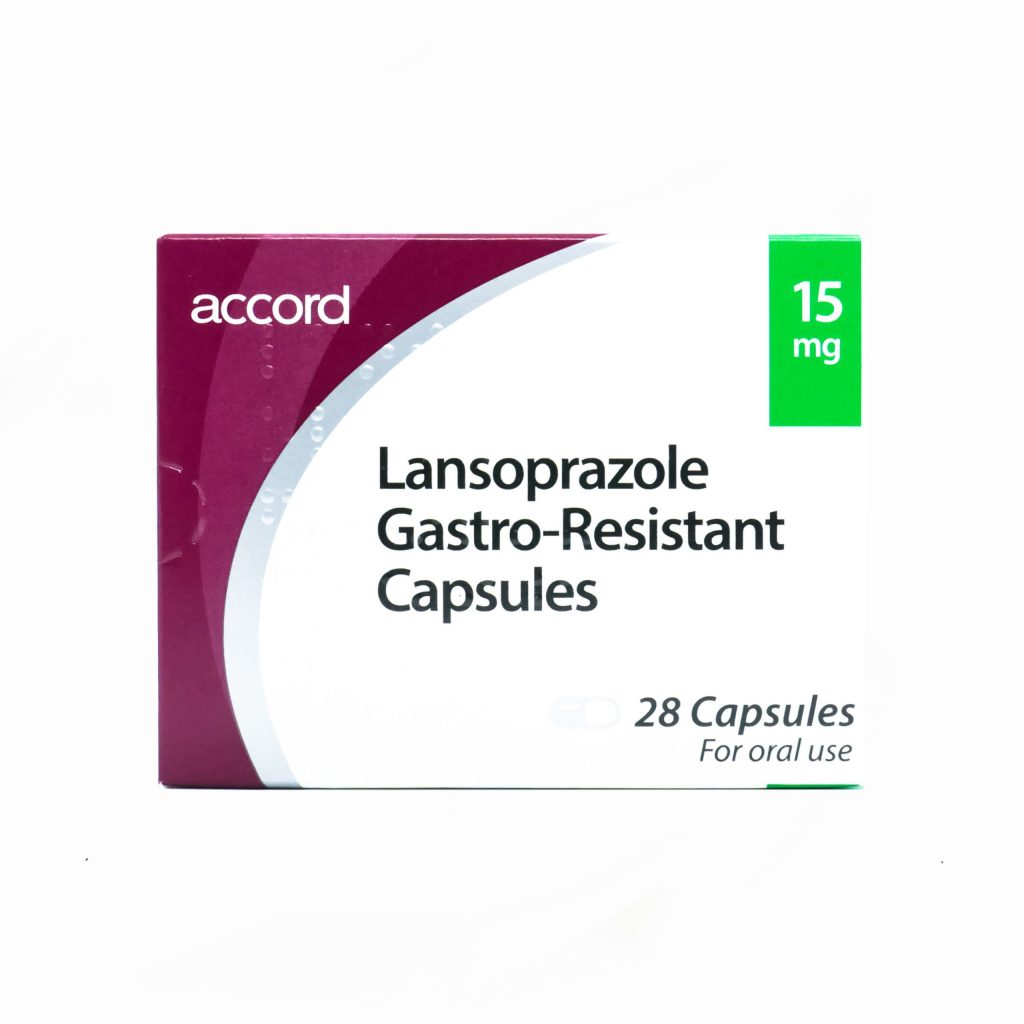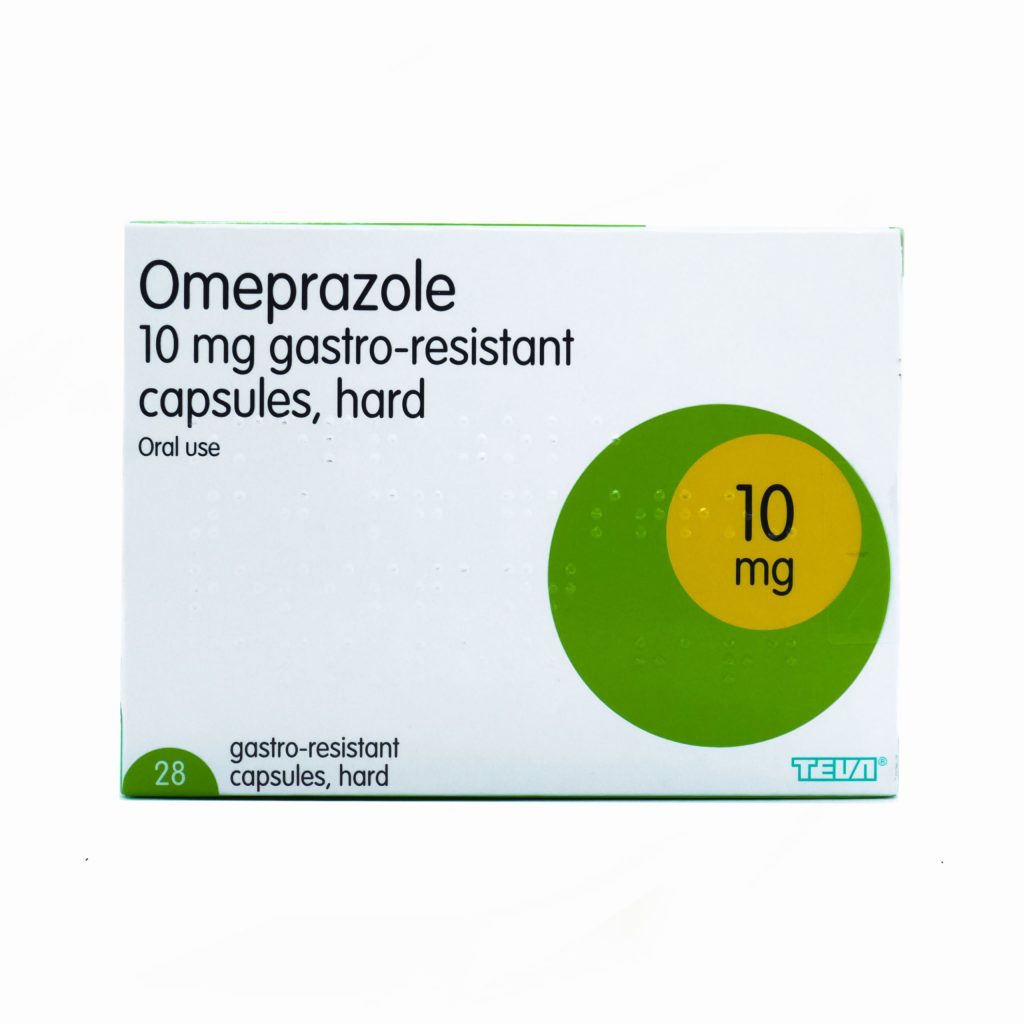FAST AND DISCREET DELIVERY ON ALL ORDERS!
Acid Reflux
Acid reflux, also known as gastro-esophageal reflux disease (GERD) or heartburn, can be extremely uncomfortable. This condition occurs when stomach acid travels up into the esophagus, causing a burning sensation in the chest or throat. Effective acid reflux treatment can significantly improve your quality of life, alleviating discomfort and preventing potential complications. By understanding your triggers and making lifestyle adjustments, you can find relief from the symptoms and enjoy a better day-to-day experience.

Acid Reflux Treatments
Acid Reflux FAQs
What is acid reflux?
Acid Reflux occurs when stomach contents flows back into the esophagus, creating a burning sensation in the chest.
What are the symptoms of acid reflux?
Symptoms include heartburn, regurgitation (a sour or bitter taste in the mouth), chest pain, nausea, vomiting, and difficulty swallowing.
What causes acid reflux?
Common causes include a weakened lower esophageal sphincter, which is the muscle that keeps stomach contents in the stomach, and hiatal hernia, a condition where the stomach pushes through an opening in the diaphragm.
Can stress cause acid reflux?
Yes, stress can exacerbate acid reflux symptoms. Stress can lead to increased production of stomach acid and affect the functioning of the lower esophageal sphincter, which can result in acid reflux episodes.
How is acid reflux diagnosed?
Acid reflux is often diagnosed based on symptoms reported by the patient. However, diagnostic tests such as upper endoscopy, esophageal pH monitoring, and barium swallow may be performed to confirm the diagnosis and assess the severity of the condition.
Are there different types of acid reflux?
Yes, there are different types of acid reflux, including gastroesophageal reflux disease (GERD), which is a chronic and more severe form of acid reflux, and laryngopharyngeal reflux (LPR), which primarily affects the throat and voice box.
Is acid reflux the same as heartburn?
While acid reflux and heartburn are closely related, they are not the same. Acid reflux refers to the backward flow of stomach acid into the esophagus, while heartburn is a symptom of acid reflux characterised by a burning sensation in the chest or throat.
Are there any medications for treating acid reflux?
Yes, the medications that are available are Omeprazole and Lansoprazole. These medications work by reducing stomach acid production or neutralising acid to alleviate symptoms.
How common is acid reflux?
Acid reflux is a common condition, affecting millions of individuals worldwide. It can occur sporadically or become a chronic problem requiring medical intervention.
Can acid reflux cause erosion of the esophagus?
Yes, chronic acid reflux can lead to erosive esophagitis, a condition characterised by inflammation and erosion of the esophageal lining due to repeated exposure to stomach acid.
Can acid reflux be triggered by lying down after eating?
Yes, lying down after eating can increase the likelihood of acid reflux episodes as it allows stomach acid to more easily flow back into the esophagus. It’s generally recommended to remain upright for at least two to three hours after eating to minimise reflux symptoms.
Can acid reflux cause chest pressure?
Yes, acid reflux can cause chest pressure or discomfort, often described as a squeezing sensation in the chest. This symptom may be mistaken for other conditions such as heart problems, so it’s essential to seek medical evaluation if experiencing chest pressure.
Can acid reflux cause a bitter taste in the mouth?
Yes, acid reflux can cause a bitter or sour taste in the mouth, especially when stomach acid regurgitates into the throat and mouth. This unpleasant taste is a common symptom of acid reflux.
What are the symptoms of acid reflux in children?
Symptoms of acid reflux in children may include frequent spitting up, irritability during or after feeding, difficulty swallowing, recurrent coughing or wheezing, and poor weight gain. Children experiencing these symptoms should be evaluated by a healthcare professional.
Can acid reflux cause chronic hiccups?
Yes, acid reflux can sometimes cause chronic hiccups, although it is relatively uncommon. Hiccups may occur due to irritation of the diaphragm by stomach acid refluxing into the esophagus. If experiencing persistent hiccups, it’s advisable to consult a healthcare provider for proper evaluation and management.


